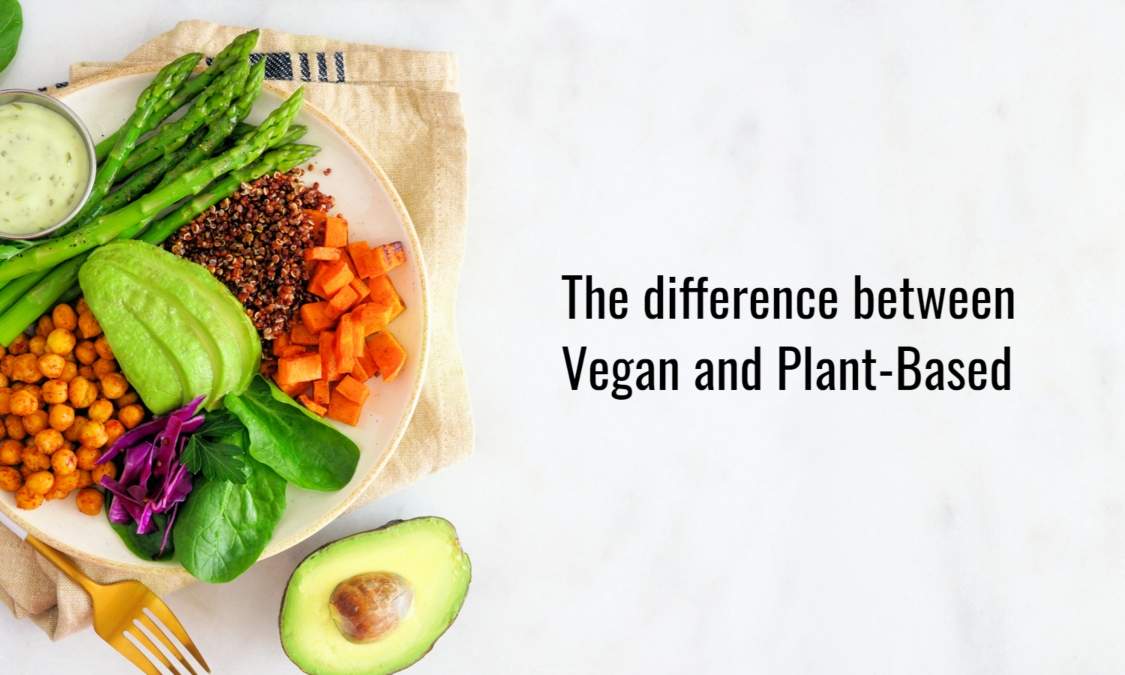What’s the Difference Between Vegan and Plant-Based Food?
Both diets offer a wealth of health benefits, and while similar in some respects, plant-based and ve

30 Sep 2021
What’s the Difference Between Vegan and Plant-Based Food?
Vegan, plant-based – it's all the same, right? Not necessarily. All vegan foods are plant-based, but a plant-based diet isn’t necessarily vegan.
Both diets offer a wealth of health benefits, and while similar in some respects, plant-based and vegan diets differ in many ways.
What is a Vegan Diet?
Vegan diets eliminate all animal products – period. They go a step beyond vegetarian to also remove:
· Dairy products (like milk, butter, cheese and yogurt) and any products containing dairy
· Gelatin
· Eggs and any products containing eggs
· Honey, bee pollen and royal jelly
· Chocolate products that contain milk, whey or casein
Of course, vegans also avoid animal flesh, including fish and seafood. They also won’t use animal-derived items for clothing or any other purpose.
Veganism is not only about steering clear of animal-derived products, but also any kind of product that causes suffering to an animal. For example, vegans avoid leather, fur goods, beeswax and any products that use animal testing.
Some people go vegan purely for the health benefits, but most are also concerned about the welfare of animals.
What is a Plant-Based Diet?
A plant-based diet is different from a vegan diet. Yes, they are similar in nature, but there are some key differences. Primarily, plant-based dieters have more flexibility in the foods they eat.
Plant-based diets don’t necessarily eliminate animal products, although they can. Instead, the main focus is to ensure that most of your food comes from plant sources.
Plant-based also emphasizes the importance of eating whole foods, or foods that are minimally processed.
A plant-based diet can include:
· Vegetables
· Nuts
· Seeds
· Whole grains
· Fruits
· Plant-based oils, like olive and avocado
Some people following a plant-based diet may also eat meat, eggs, dairy and seafood on occasion. They may also use animal-derived products in other areas of their lives, like personal care products or clothing.
Plant-based is more flexible in nature. Some followers go the extra mile to avoid all animal products and are, essentially, vegan. Others still consume or use some animal-based products. However, animal proteins only fill a supporting role in the plant-based diet. Veggies and whole grains will make up the majority of the foods consumed on a plant-based diet.
Along with the health benefits they offer, vegans and plant-based dieters often choose their lifestyles for environmental purposes. Both are intensely focused on avoiding factory farms and maximizing the environmental benefits of consuming more plant foods.
Vegan vs. Plant-Based: Which is Right for You?
Diets are a very personal thing. Ultimately, it comes down to your personal preferences, values and health needs. Of course, you should always consult with your doctor before making any diet change, but generally, both plant-based and vegan diets can provide many health benefits. These benefits can include a reduced risk of Type 2 diabetes and heart disease.
That being said, vegan and plant-based can be unhealthy if you aren’t getting the right balance of protein, fat, fiber and other vital nutrients.
If you’re interested in going vegan or plant-based but are worried about ensuring your meals are balanced, a prepared meal delivery service is a great option. Here is our plat based meal provider - https://www.sarefood.com/rootberry/20229/